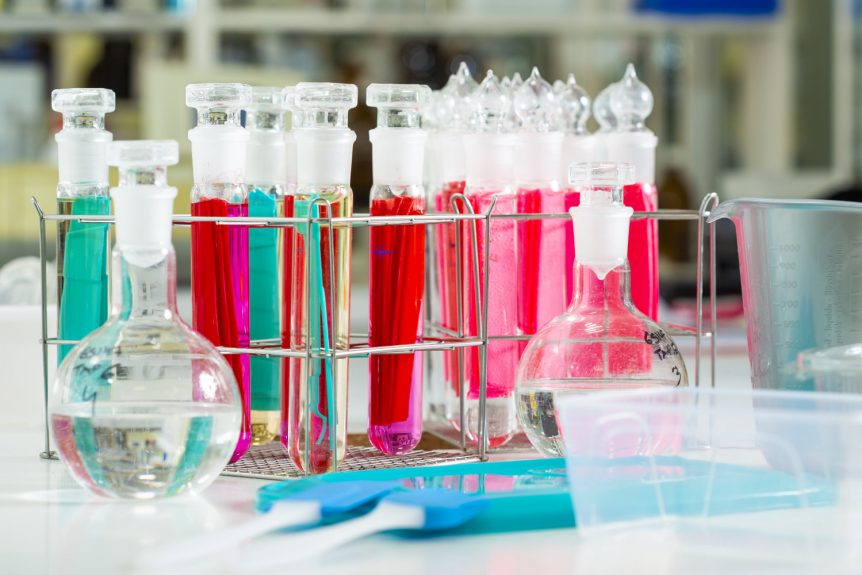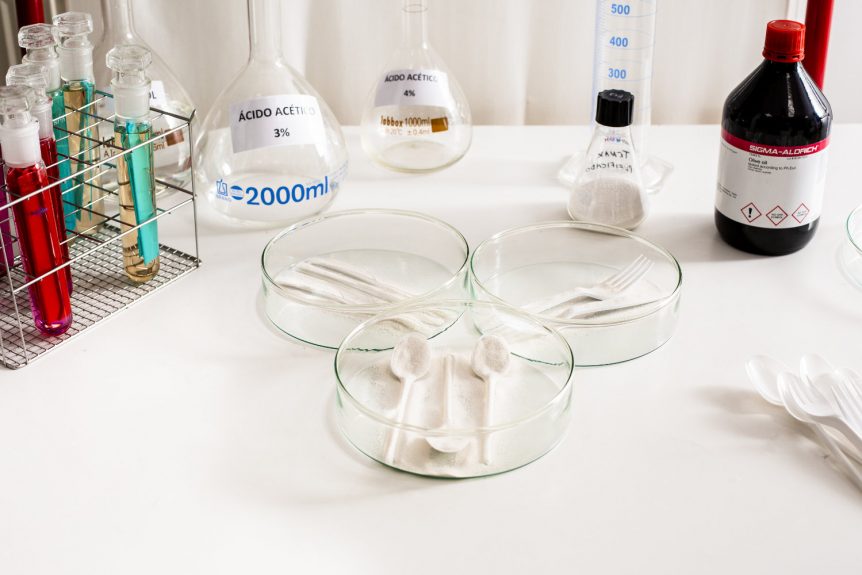Legislative diagnosis
In the field of materials in contact with food, few such materials – plastics, for example, (European Regulation EU No. 10/2011) or ceramics (European Directive 84/500/EC), have specific measures.
The absence of harmonised measures is offset by the existence of sector-specific guidelines, Council of Europe resolutions, or existing national legislation, among others.

Description of services related to legislative diagnosis
The services we offer are:
Legislative diagnostic services applicable to materials in contact with food
Benefits of performing a legislative diagnosis



- A legislative diagnostic service provides manufacturers with a global overview of the legislative situation that applies to their product. In the case of articles in contact with food, and when such articles consist of different materials, the legislative landscape is not clearly defined or harmonised. Therefore, the service will allow you to address the analytics that best fit your product, thereby guaranteeing consumer safety.
- The legislative diagnosis implies cost savings for the company given that it addresses product safety in a much more direct and concrete way.
How we carry out the legislative diagnosis
Our staff systematically consults official sources of information and is therefore fully up to date at all times. It also participates in forums and committees of interest in this subject and information obtained is directly transmitted to our customers. The exchange of experiences with other European laboratories allows us to be aware of trends and requirements in this market when there is no legislative harmonisation.
Confidence in carrying out a legislative diagnosis
Our work capacity, availability and professionalism make it possible for our customers to entrust us with the legislative study of their products when these are designed to come into contact with food.

